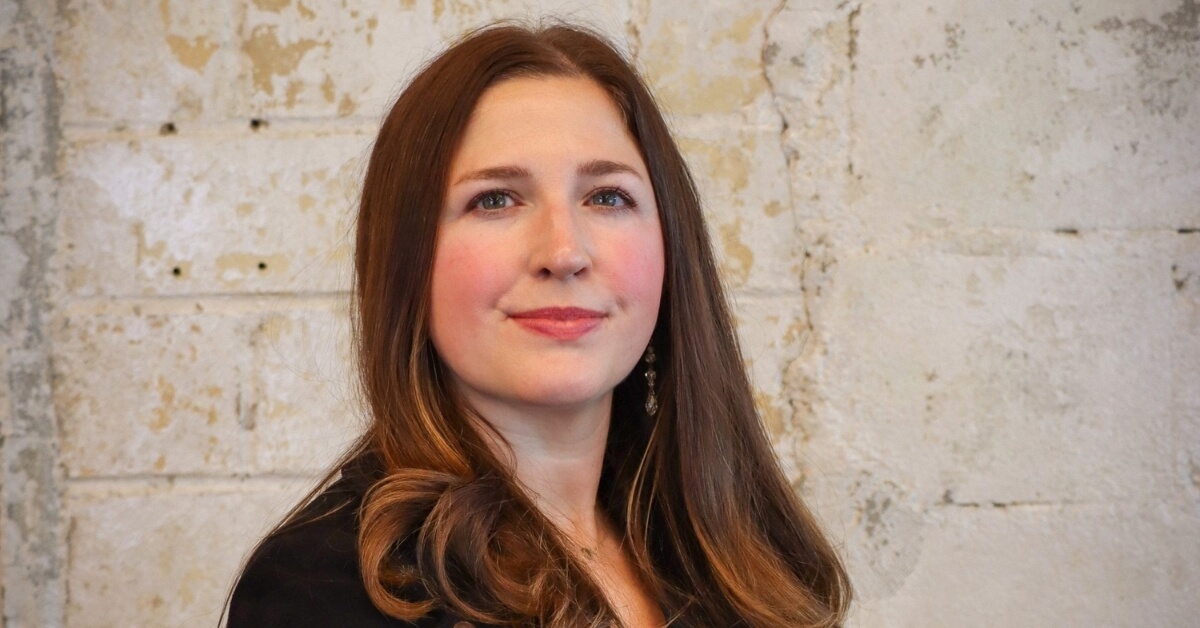Recently, Natalie Shew shared with us her journey as a female founder in the women’s health sector, the inspiration behind her company, and her approach to the upcoming capital raise. Natalie, the driving force behind an innovative care coordination platform, offered a candid look at the challenges she’s faced and the strategies she’s employed to build a business aimed at improving healthcare for women.
As a female founder in the women’s health sector, what inspired you to start your company, and how has your vision evolved since its inception?
The inspiration came from my personal experience with an endometriosis diagnosis. I faced multiple physicians who didn’t know how to address my condition, leading to frustrations with the lack of information and coordinated care. This experience was compounded by the challenges of undergoing IVF, which involved significant costs and delays due to insurance and uncoordinated care teams. These challenges motivated me to start EmployWell, aiming to improve the healthcare journey for women with chronic conditions.
As I delved deeper, I learned about the broader issues in the healthcare sector, including operational inefficiencies and the nursing shortage. With the help of Steffany Benton, a women’s health nurse practitioner, and Robin Mangieri, a seasoned fertility network CEO, we identified key areas where we could build infrastructure to connect operations and improve patient care, particularly in fertility and women’s health clinics.
How have you structured your upcoming capital raise, and what are the specific goals?
We’re excited to have a few checks in already for our $500,000 preseed round and are aiming to close by December. We’ll use the funding to integrate with our design partners and pilots, get traction in revenue, and develop case studies on our product’s impact. Building these case studies with our clinic partners will help us gain the traction we need to grow our revenue while expanding ROI to clinics in terms of shrinking time to treatment. As far as the types of investors, we’re focused on angel investors and groups who are committed to investing in bettering healthcare experiences in women’s health.
Looking ahead, what are the major milestones for your company in the coming year?
We have three main milestones for the next twelve months. First, completing and deploying our MVP into pilot sites. Second, building out our proprietary data model that integrates clinical and payer workflows. Third, securing contracts with three to five clinics actively using our platform. Additionally, we want to strengthen our tech team under the leadership of our new head of technology, Todd Larsen, who will bring on engineers to enhance our platform. Todd is a local software dev leader with deep experience across multiple industries building early stage products and leading dev teams, helping grow one of those to $50M ARR.
As your company grows, what qualities do you look for in new team members, and how do you foster a supportive and inclusive culture?
Initially, I strategically brought on Steffany for her clinical expertise and Robin for her business acumen in running fertility clinics. Both have a deep commitment to improving healthcare for women. Inclusivity is crucial, and while it’s challenging to find female leadership in tech willing to join an early-stage company, we’ve been fortunate with Todd, who shares our relentless focus on solving real problems in healthcare. We’re also looking to diversify our team and bring on advisors with different backgrounds and experiences.
What unique challenges have you faced as a woman entrepreneur, and how have you overcome them?
One significant challenge is navigating the fundraising process. For instance, I recently encountered a male founder who raised funds with minimal effort and presentation, which wouldn’t be feasible for me as a woman. This disparity highlights the need to be strategic in building a team that instills confidence in investors. Also, balancing personal life with professional responsibilities is a constant struggle. I’ve realized the importance of seeking mentorship from other female entrepreneurs who have successfully navigated similar challenges.
What role has mentorship played in your entrepreneurial journey, and how has it shaped your approach to business?
Mentorship has been vital, especially in the early stages when I needed encouragement to keep pushing forward. Now, I seek mentors who understand the complexities of the healthcare sector and can guide me in building a scalable tech business. I also need personal mentorship from female founders who have balanced family and business successfully, ensuring I can continue without sacrificing my mental health or family life.
Finally, what advice would you give to other women looking to start their own business, particularly in the health sector?
My best advice is to focus on the problem you’re most passionate about and build something quickly to test its viability. The healthcare system is complex, and you’ll likely face setbacks with your first iterations. However, don’t get lost in the weeds of the problems. Keep moving forward and stay focused on solving real issues.
Natalie’s journey as a founder is a testament to the resilience and innovation needed to navigate the healthcare sector. Her story is an inspiration to aspiring female entrepreneurs, highlighting the importance of strategic planning, mentorship, and a tireless focus on solving real problems. For those interested in supporting her mission, Natalie is open to conversations with angel investors and pre-seed venture capitalists passionate about improving women’s healthcare.
For updates on Natalie’s journey and her company’s progress, she welcomes interested individuals to reach out via email at natalie@getemploywell.com.
More About EmployWell
EmployWell reduces a patient’s 3-month waiting time to start IVF by 25% and also boosts revenue to fertility clinics (by adding 2 cycles in 90 days) through its care coordination platform. The company has figured out a unique way to bring in insurance, clinical, and ops data to optimize patient scheduling and coordination.










